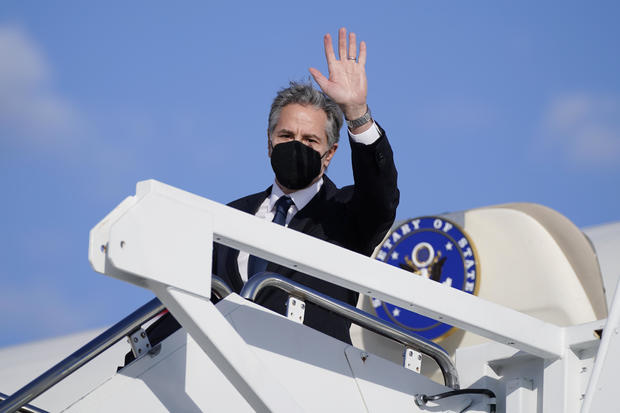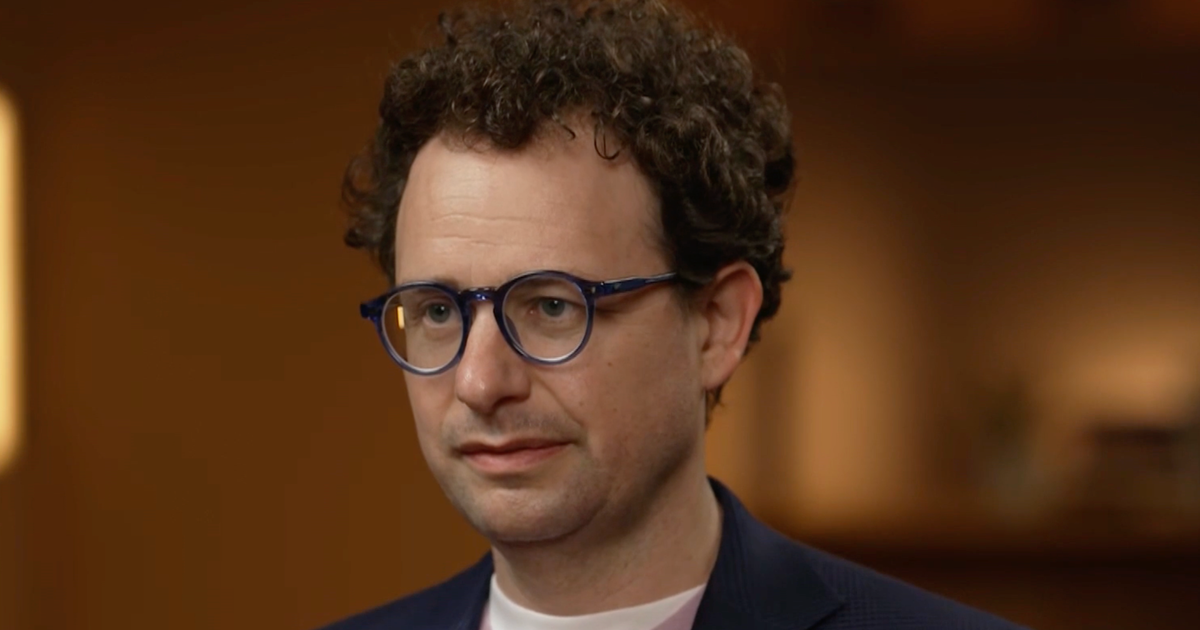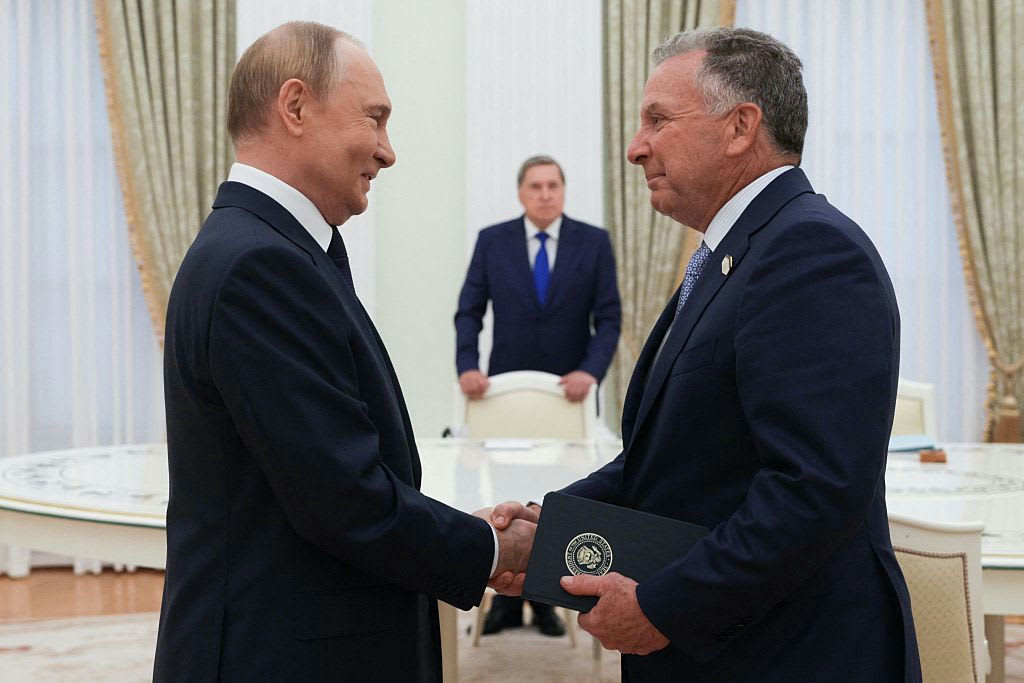Blinken to meet Russian counterpart amid rising concerns over buildup near Ukraine
The U.S.' top diplomat is scheduled to meet with Russia's foreign minister in Geneva on Friday following visits to Ukraine and Germany in an effort to deescalate tensions as Russia builds up more forces near Ukraine.
U.S. Secretary of State Antony Blinken departed Tuesday for a series of stops aimed at a diplomatic solution to the threat Russia is posing on Ukraine's borders. In Kyiv on Wednesday, Blinken will meet with President Volodymyr Zelenskyy and other Ukrainian leaders.
From there, he will travel to Berlin, where he will consult with German, French and British counterparts. And on Friday he is scheduled to meet Russian Foreign Minister Sergei Lavrov in Geneva.
Blinken's travel follows a trip to Kyiv last Wednesday by CIA Director Wiliam Burns, who met with intelligence counterparts and spoke with President Zelenskyy about "assessments of risk" to Ukraine, according to a U.S. official.
A senior state department official said Tuesday that Russia's willingness to continue talks revived what had been diminishing hopes that a military invasion could be forestalled.
"[T]he fact that Secretary Blinken and Foreign Minister Lavrov agreed to meet on Friday in Geneva suggests that perhaps diplomacy is not dead," the official said.
""Russia has two choices: diplomacy and de-escalation, or escalation and massive consequences," the official continued. "The United States remains committed to diplomacy and believes it is the best and most responsible way forward."
Russia has already amassed an estimated 100,000 troops near its borders with Ukraine and has started positioning defense units in Belarus to the north of Ukraine for joint exercises.
"We're now at a stage where Russia could at any point launch an attack on Ukraine," White House Press Secretary Jen Psaki said Tuesday. "I would say that's more stark than we have been."
In a call with reporters, the senior State Department official also described the movement of Russian forces into Belarus as "neither an exercise nor normal troop movement," and "a show of strength designed to cause or give false pretext for a crisis as Russia plans for a possible invasion."
"The fact that we're seeing this movement of forces into Belarus clearly gives the Russians another approach, should they decide to take further military action against Ukraine," the official said.
CBS News reported Friday that Ukrainian officials are concerned Russia might use alternative methods of attack, including potentially a staged provocation originating from within neighboring Belarus or another Russia-friendly territory in the region, as a predicate to invade Ukraine.
Another senior State Department official warned Tuesday that Russia is preying on Belarus's ongoing instability, as well as on what the official described as President Alexander Lukashenka's "self-inflicted vulnerability".
"Lukashenka has relied more and more on Russia for all kinds of support, and we know that Putin doesn't give that support for free. It's clear Russia is preying on Lukashenka's vulnerability and calling in some of those accumulated I.O.U.s," the senior official said.
The official also highlighted that Mr. Putin is an opportunist and so any movement that increases capability should be taken seriously.
According to Pentagon spokesperson John Kirby, the Department of Defense does not believe Russian President Vladimir Putin has made a decision yet on whether to further invade Ukraine.
"[Putin] clearly is building up a force posture there that provides him multiple options," Kirby said Tuesday. "The option that we would prefer is for him to de-escalate, to take the tensions down and of course one of the easiest ways to do that is remove some of that force presence."
The Biden administration is pushing forward with a diplomatic approach but is preparing for options such as economic sanctions if diplomacy fails and Russia launches an incursion.
President Joe Biden in December ruled out sending U.S. troops to Ukraine if Russia invades.
Kirby told reporters on Tuesday the administration will continue to look for ways to help Ukraine defend itself but had no new announcements to make. Currently, there are about 250 members of the Florida National Guard in Ukraine assisting and advising Ukrainian defense forces as a part of a rotational mission that began in the wake of Russia's 2014 annexation of Crimea.
The Department of Defense has provided over $2.5 billion in security assistance to Ukraine since 2014, including $450 million in 2021, according to a U.S. defense official.





